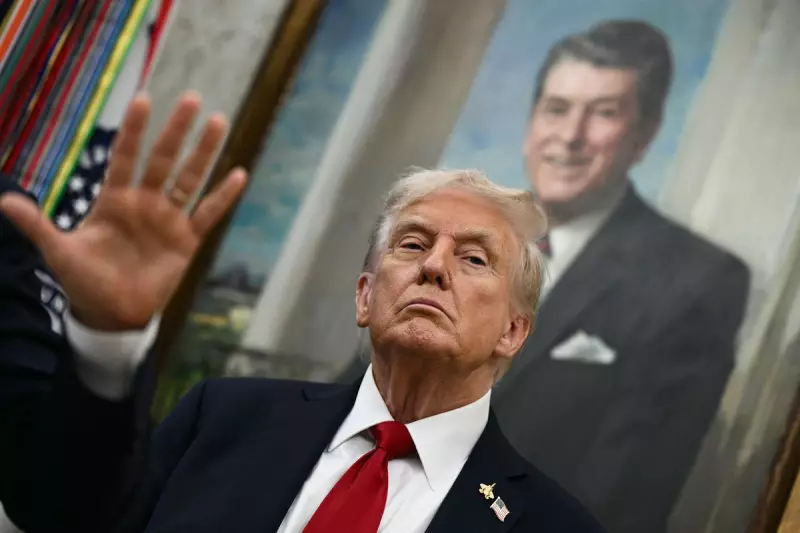
In a move that could dramatically reshape global trade dynamics, former President Donald Trump is reportedly preparing to implement sweeping 10% tariffs on all imports if he returns to the White House. This radical trade policy would represent one of the most significant protectionist measures in modern economic history.
The Universal Tariff Proposal
According to sources familiar with Trump's planning, the proposed policy would impose a blanket 10% levy on goods from all trading partners, including longstanding allies like the United Kingdom. This represents a departure from Trump's previous tariff approach, which targeted specific countries like China with higher rates.
The plan emerges as inflation remains a central concern for American voters, with September's consumer price data showing persistent pressure on household budgets. Economists warn that such widespread tariffs could actually exacerbate inflation by increasing costs for both consumers and businesses that rely on imported materials.
Potential Impact on UK Exporters
British businesses exporting to the United States would face immediate challenges under this proposal. Key UK export sectors that could be affected include:
- Automotive manufacturers
- Premium food and beverage producers
- Luxury goods and fashion brands
- Aerospace and defence contractors
The timing is particularly sensitive given ongoing post-Brexit trade negotiations and the UK's efforts to secure favourable trade terms with multiple global partners simultaneously.
Economic Warnings and Political Context
Economic analysts have expressed concern about the potential ripple effects of such protectionist measures. "Universal tariffs would likely trigger retaliatory measures from trading partners, potentially leading to a downward spiral in global trade," noted one international trade expert.
The proposal comes as Trump positions himself for a potential 2024 presidential run, with trade policy expected to be a cornerstone of his economic platform. His previous administration frequently utilised tariffs as both economic tools and political leverage, though never on such a comprehensive scale.
With inflation remaining stubbornly above the Federal Reserve's 2% target, the debate over whether protectionist measures would alleviate or worsen price pressures is likely to intensify in the coming months.





